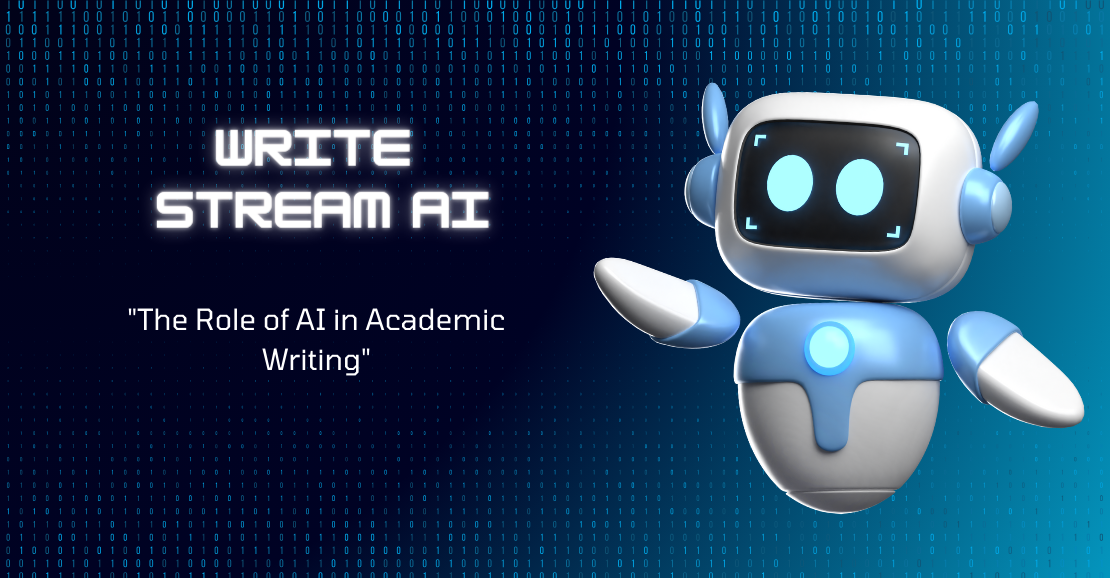In today's world, technology has become an integral part of every aspect of our lives. From the way we communicate to the way we learn, technology has transformed the way we do things. One area where technology, specifically Artificial Intelligence (AI), has made a significant impact is in academic writing.
The use of AI in academic writing has been gaining popularity in recent years, and for good reason. AI has the ability to analyze large amounts of data, perform complex tasks, and make decisions quickly and accurately. With these capabilities, AI has proven to be a valuable tool in enhancing the quality of academic writing.
One of the primary roles of AI in academic writing is its ability to aid in research. With the vast amount of information available online, it can be a daunting task for students and researchers to sift through and find relevant and credible sources. AI has the ability to scan through large databases and identify key information that is relevant to a specific topic. This not only saves time but also ensures that the research is comprehensive and of high quality.
Moreover, AI has the ability to analyze data and identify patterns and trends. This can be particularly useful in fields such as economics, where data analysis is crucial. AI can assist in identifying correlations, making predictions, and providing insights that would be challenging for a human to do alone. This not only enhances the quality of academic writing but also contributes to the advancement of knowledge in various fields.
Another significant role of AI in academic writing is its ability to assist in language and grammar checks. Writing in a language that is not one's first language can be challenging, and even native speakers can make grammatical errors. AI tools such as Grammarly and Turnitin have become increasingly popular in academic circles as they can help identify and correct grammatical errors, spelling mistakes, and even plagiarism. This ensures that academic writing is of high quality and meets the necessary standards.
AI also has the ability to assist in the writing process itself. Software such as QuillBot and Article Forge can help generate ideas and provide a structure for writing pieces. While these tools are not meant to replace the writer's creativity, they can be useful in providing inspiration and organizing thoughts and ideas. This can be particularly helpful for students who may struggle with writer's block or have difficulty organizing their thoughts.
Moreover, AI has the capability to generate language and write articles or essays based on given prompts. This can be a controversial aspect of AI in academic writing, as some argue that it undermines the value of human creativity in writing. However, proponents of AI argue that it can be used as a starting point for writers and can help in generating ideas and improving efficiency.
In conclusion, the role of AI in academic writing is multifaceted and has proven to be a valuable tool in enhancing the quality of academic writing. From aiding in research, correcting grammar and language, to assisting in the writing process, AI has become an indispensable tool for students and researchers alike. While some may argue that it takes away from the human element of writing, it is undeniable that AI has the potential to improve and advance academic writing in various ways. As technology continues to evolve, it will be interesting to see how AI will continue to shape and influence the world of academic writing.























Write your comment
Cancel Reply